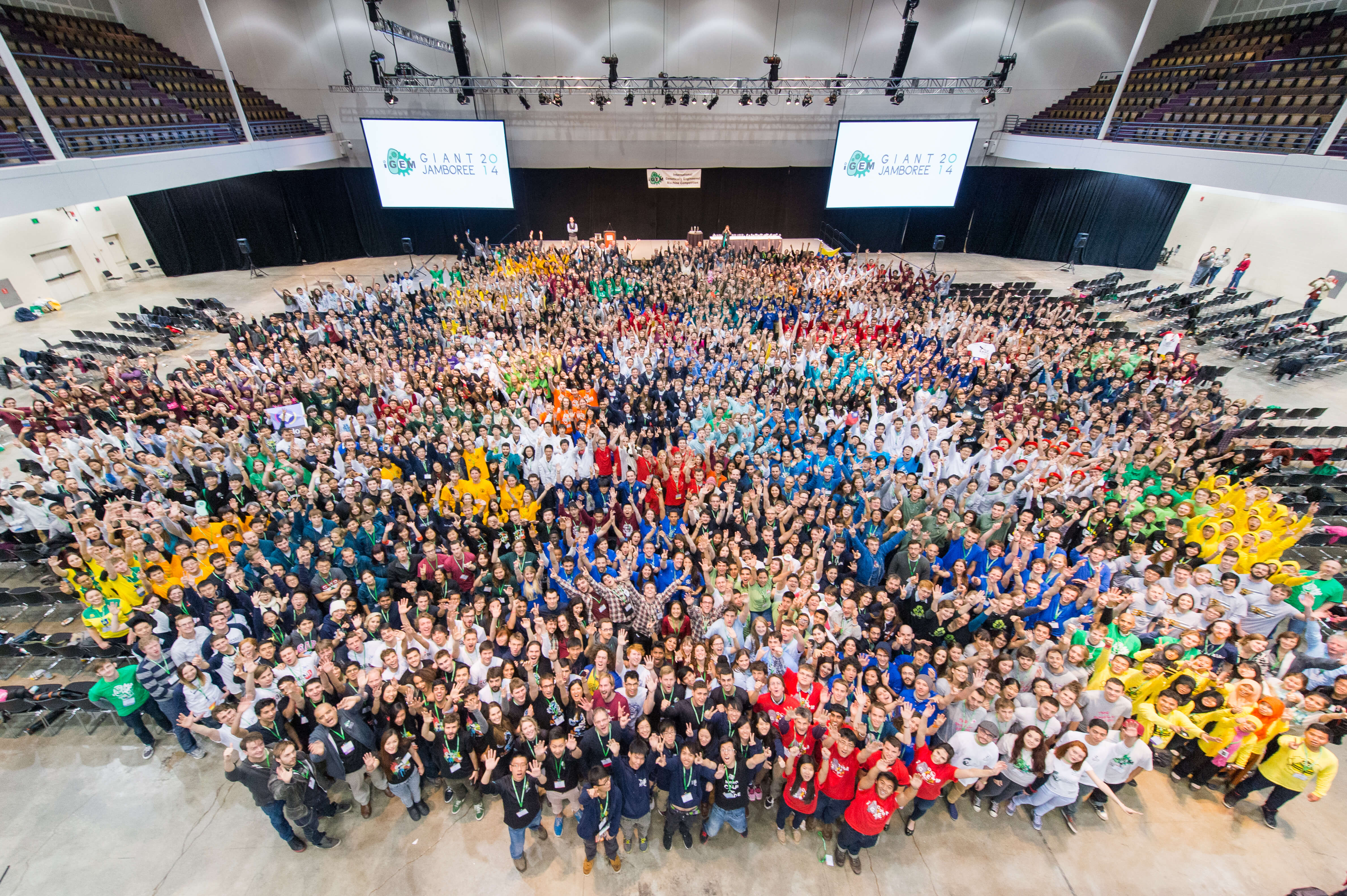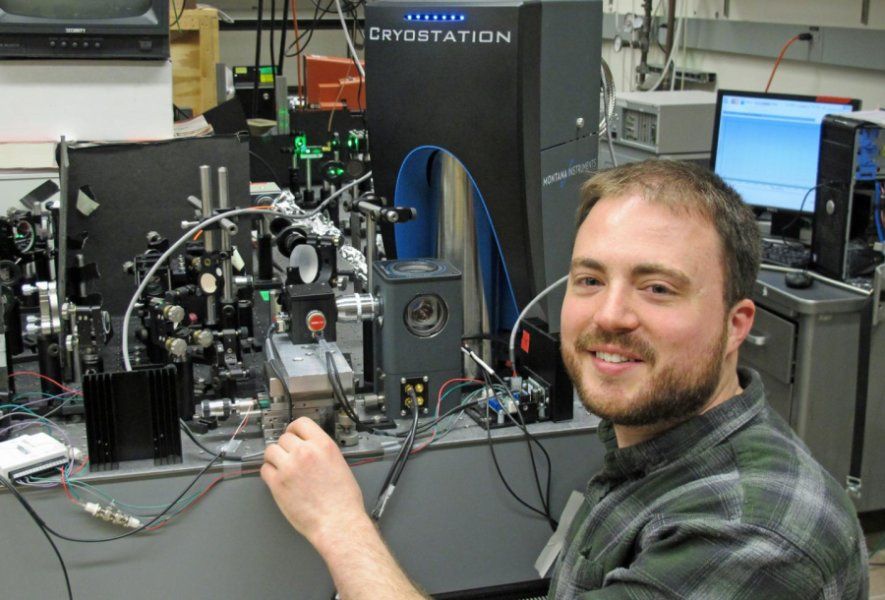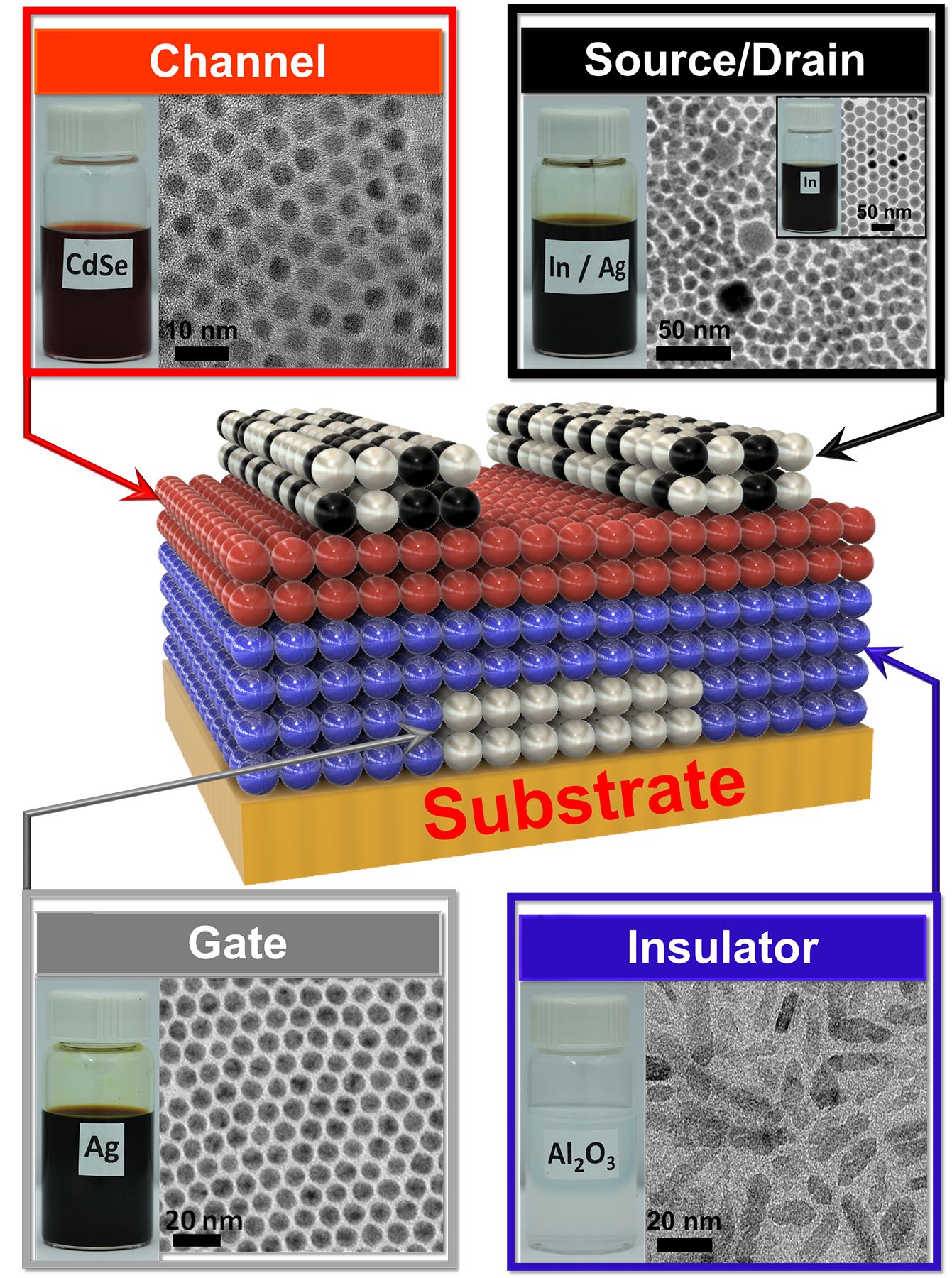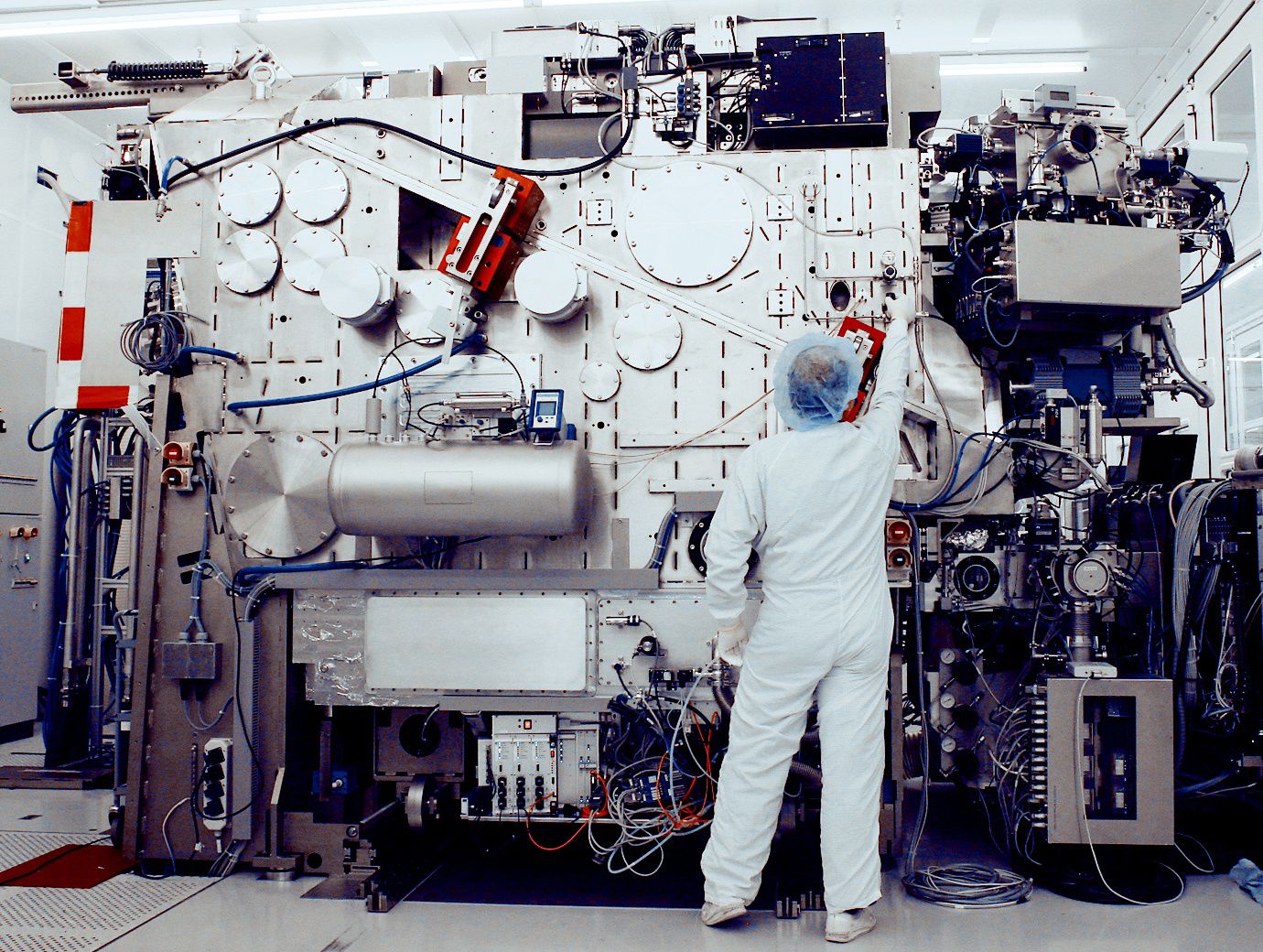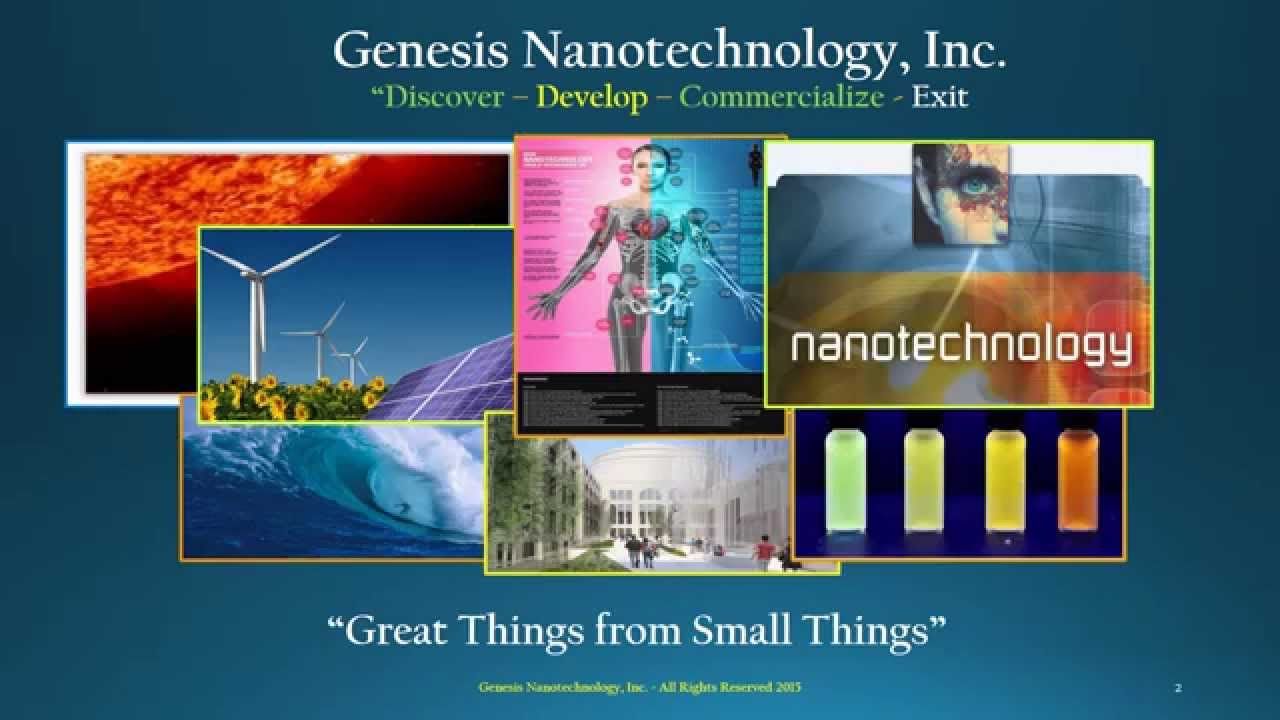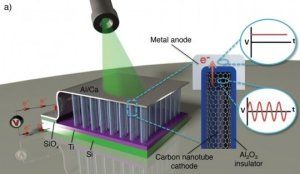
Bots and artificial intelligence are all the rage right now. Whether it’s Siri or Cortana, computers are trying to take things off our plate and make life easier. Making life easier and more comfortable — and more luxurious — is what Bentley is about, too, and that’s why the company is imagining what the future of automotive luxury might be like.
One of those things, according to this mock-up image provided by Bentley, is a holographic butler that could appear in the car and help you out. Perhaps it would make restaurant recommendations and reservations, or you’d tell the digital Jeeves where you’re looking to go before your autonomous car takes over.
Bentley design director Stefan Sielaff said, according to The Mirror, that how these sorts of “yet-to-be-invented connectivity and technologies… are integrated into the cabin will become ever more important.” The holographic butler could put a more human face on the self-driving car, so just call out “Home, James!” and you’ll be on your way.
Continue reading “Bentley wants to put a holographic butler in your car” »
